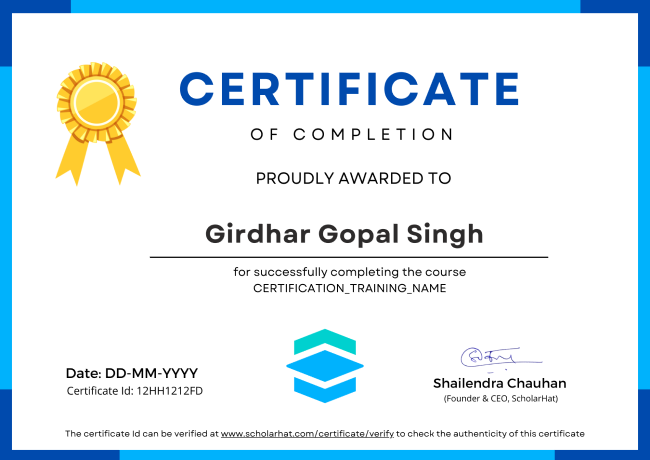AWS Developer Associate is a certification that validates individuals' expertise in designing, building, testing, and maintaining scalable cloud applications and solutions on AWS. Gaining this certification will help learners gain experience in building scalable solutions through AWS Cloud offerings and become AWS Developers.
Becoming an AWS & Full-Stack Java Tech Lead a dynamic career with high demand and competitive salaries. This role requires not only deep technical expertise but also strong leadership skills, enabling professionals to progress from hands-on development to strategic decision-making.
Create dynamic interfaces faster using popular frameworks
Optimized Java Core solutions deliver superior speed
Join a global community of Java experts
Full-stack Java developers are highly sought after
High salaries for tech lead with in-demand expertise
Growing trend of using Java with modern front-end frameworks
An AWS & Full-Stack Java Tech Lead Course is an expert who designs and architects modern applications all stack like UI, Back-end, database, version control, server and APIs. This training will help you to understand Java, REAT API, Angular or React, and AWS. This path will prepare you to become a certified advanced Full-stack Java developer and land your dream job in top MNCs.
 Spring Boot
Spring Boot Frontend (Angular or React)
Frontend (Angular or React) AWS Developer with CI/CD
AWS Developer with CI/CD Live Projects: Guided and Independent
Live Projects: Guided and Independent Career Coaching Interview Prep
Career Coaching Interview Prep Build AI-Powered Java Applications
Build AI-Powered Java Applications
























Unlock Career Growth with Full-Stack Java Tech Lead with AWS Developer Associate Training!
 Boost Your Salary – Earn up to ₹35 LPA
Boost Your Salary – Earn up to ₹35 LPA Upto 4X Productivity Boost using GenAI tools
Upto 4X Productivity Boost using GenAI tools Fast-Track Your Career with Fortune 500 Companies
Fast-Track Your Career with Fortune 500 Companies Develop End-to-End Software Solutions for enterprise clients
Develop End-to-End Software Solutions for enterprise clients Master High-Paying Skills – Spring Boot, Angular, AWS & More
Master High-Paying Skills – Spring Boot, Angular, AWS & More Build Real-world Projects for ePizzaHub & edTechSpark platform
Build Real-world Projects for ePizzaHub & edTechSpark platform Ace Your Full-Stack Java Tech Lead with AWS Interviews
Ace Your Full-Stack Java Tech Lead with AWS Interviews🚀 Take the next step to become a job-ready AWS & Full-Stack Java Tech Lead today!




















